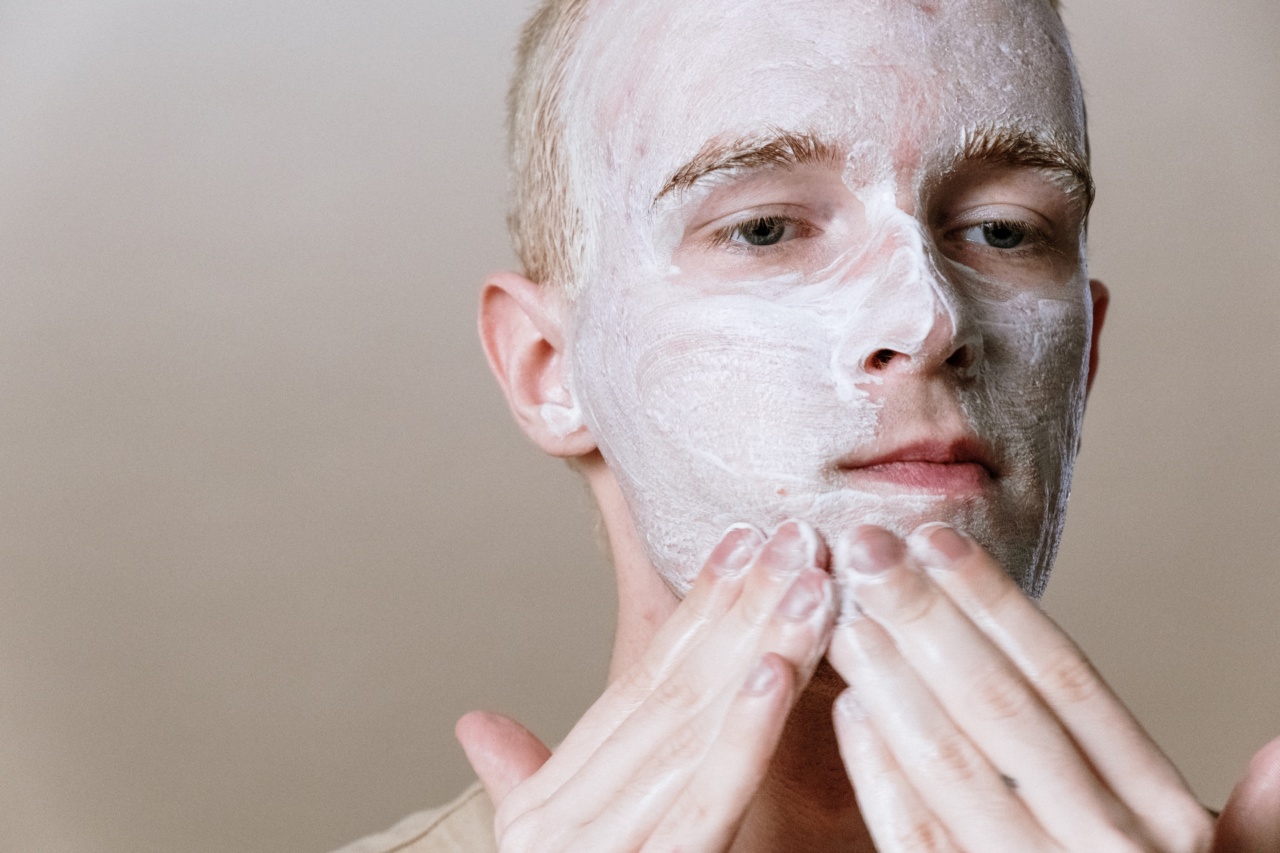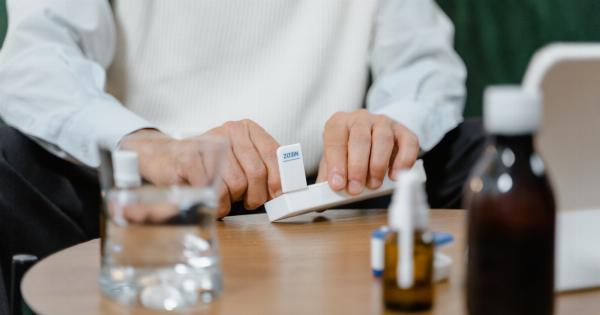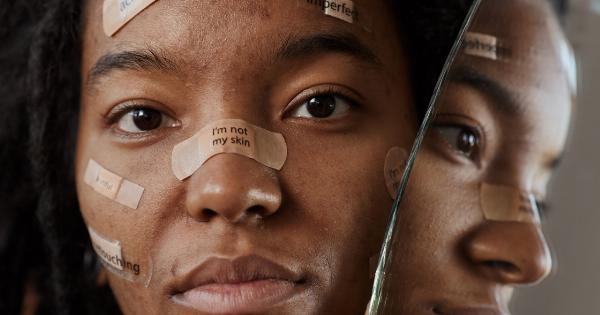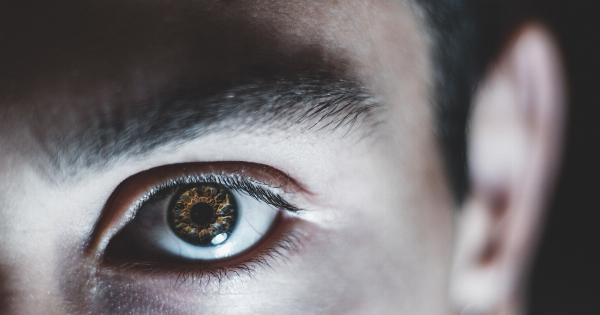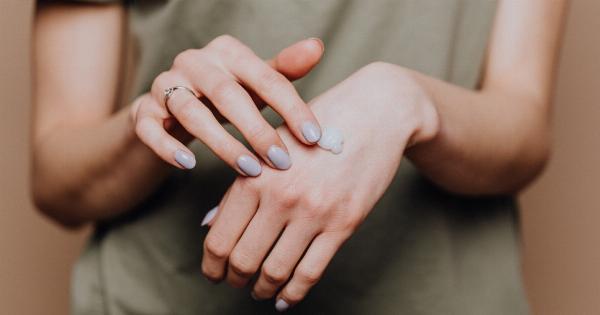Cystic acne is a severe form of acne that causes deep, inflamed cysts to form beneath the skin’s surface. It is often characterized by painful, red bumps that are filled with pus.
Unlike regular acne that can be treated with over-the-counter products, cystic acne requires a more aggressive approach to manage and overcome its challenges.
The Causes of Cystic Acne
Several factors contribute to the development of cystic acne. Hormonal fluctuations, particularly during puberty, pregnancy, or menstrual cycles, can trigger the overproduction of sebum, an oily substance that clogs the pores.
This can lead to the growth of bacteria and the inflammation associated with cystic acne.
Genetics also play a role in the development of cystic acne. If your parents or siblings have experienced it, there is a higher likelihood that you may also suffer from this skin condition.
Additionally, certain medications, such as steroids or lithium, can stimulate cystic acne outbreaks.
The Psychological Impact of Cystic Acne
Living with cystic acne can have a significant psychological impact. The visible nature of the condition can cause embarrassment, self-consciousness, and low self-esteem.
Many individuals with cystic acne may experience social withdrawal, anxiety, and depression as a result of their appearance.
It is essential to address both the physical and emotional aspects of cystic acne to effectively manage and overcome its challenges.
Treatment Options for Cystic Acne
While cystic acne can be stubborn and challenging to treat, there are various treatment options available to help alleviate symptoms and prevent future outbreaks. Here are some common approaches:.
1. Topical Treatments
Topical treatments, such as retinoids, benzoyl peroxide, and salicylic acid, can be beneficial in reducing inflammation and controlling acne-causing bacteria. These medications are available in various forms, including creams, gels, and cleansers.
2. Oral Medications
In severe cases, a dermatologist may prescribe oral medications such as antibiotics or isotretinoin (Accutane). These medications work by reducing inflammation, killing bacteria, and regulating oil production.
However, they often come with potential side effects and require close monitoring by a healthcare professional.
3. Hormonal Therapy
Hormonal therapy is commonly used for women with cystic acne by regulating hormone levels. Birth control pills, spironolactone, and other medications can help balance hormones and reduce acne outbreaks.
4. Professional Procedures
In some cases, dermatologists may recommend certain professional procedures to treat cystic acne. These procedures include corticosteroid injections, drainage, extraction, chemical peels, or laser therapy.
These treatments can help reduce inflammation, clear clogged pores, and improve the overall appearance of the skin.
Self-Care Practices for Cystic Acne
In addition to medical treatments, practicing good self-care habits can also help manage cystic acne and promote overall skin health. Here are some self-care tips to consider:.
1. Gentle Cleansing
Cleanse your face twice a day using a gentle cleanser specifically formulated for acne-prone skin. Avoid scrubbing or using harsh cleansers, as this can irritate the skin and worsen acne.
2. Avoid Touching or Picking
Avoid touching or picking at cystic acne lesions, as this can introduce bacteria and cause further inflammation and scarring.
3. Use Non-Comedogenic Products
Choose non-comedogenic skincare and makeup products that do not clog pores. Look for labels that indicate the product is oil-free and won’t contribute to breakouts.
4. Moisturize Regularly
Even if you have oily skin, it is important to moisturize regularly to maintain the skin’s barrier function. Look for lightweight, oil-free moisturizers that won’t exacerbate acne.
5. Protect Your Skin from the Sun
Apply a broad-spectrum sunscreen with an SPF of 30 or higher daily. Sun exposure can worsen acne and lead to post-inflammatory hyperpigmentation.
6. Manage Stress
Stress can trigger hormonal imbalances and worsen cystic acne. Explore stress-reducing techniques such as exercise, meditation, or therapy to manage stress levels.
Seeking Professional Help
If you are struggling with cystic acne, it is essential to seek professional help from a dermatologist. They can provide an accurate diagnosis, determine the underlying causes, and develop a personalized treatment plan to effectively manage your acne.
Remember, cystic acne takes time to heal, and patience is key. With the right combination of treatments, self-care practices, and professional guidance, you can overcome the challenges of cystic acne and achieve clearer, healthier skin.
